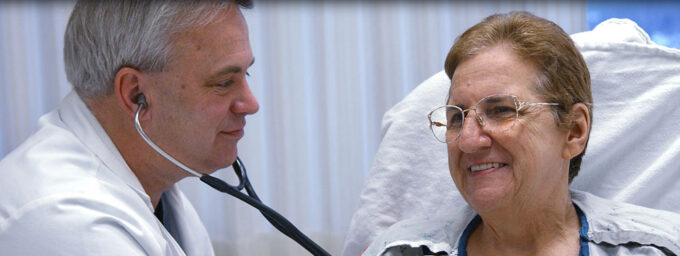The Cholesterol Clinic at Michigan Heart Group
Cholesterol is a waxy, fat-like substance made in the liver and other cells and found in certain foods, such as food from animals, dairy products, eggs, and meat.
Abnormal cholesterol levels such as high LDL cholesterol or low HDL cholesterol are a major risk factor for heart disease and stroke. An unhealthy diet can cause high cholesterol. Sometimes high cholesterol runs in families. A few simple changes can help lower your cholesterol and risk for heart disease:
- Eat low-cholesterol foods. The American Heart Association recommends that you limit your average daily cholesterol intake to less than 300 milligrams. If you have heart disease, limit your daily intake to less than 200 milligrams. People can significantly lower their dietary cholesterol intake by keeping their dietary intake of saturated fats low and by avoiding foods that are high in saturated fat and that contain substantial amounts of dietary cholesterol.
- Quit smoking. Smoking lowers HDL (“good”) cholesterol levels. This trend can be reversed if you quit smoking.
- Exercise. Exercise increases HDL cholesterol in some people. Even moderate-intensity activities, if done daily, can help control weight, diabetes, and high blood pressure – all risk factors for heart disease.
- Take medication as prescribed by your doctor. Sometimes making changes to your diet and increasing exercise is not enough to bring your cholesterol down. You may also need to take a cholesterol-lowering drug.
At Michigan Heart Group our board-certified physicians routinely treat all types of lipid disorders and are frequently asked to consult on patients with complex lipid disorders.
To schedule your appointment, call 248-267-5050 or request your appointment online.

